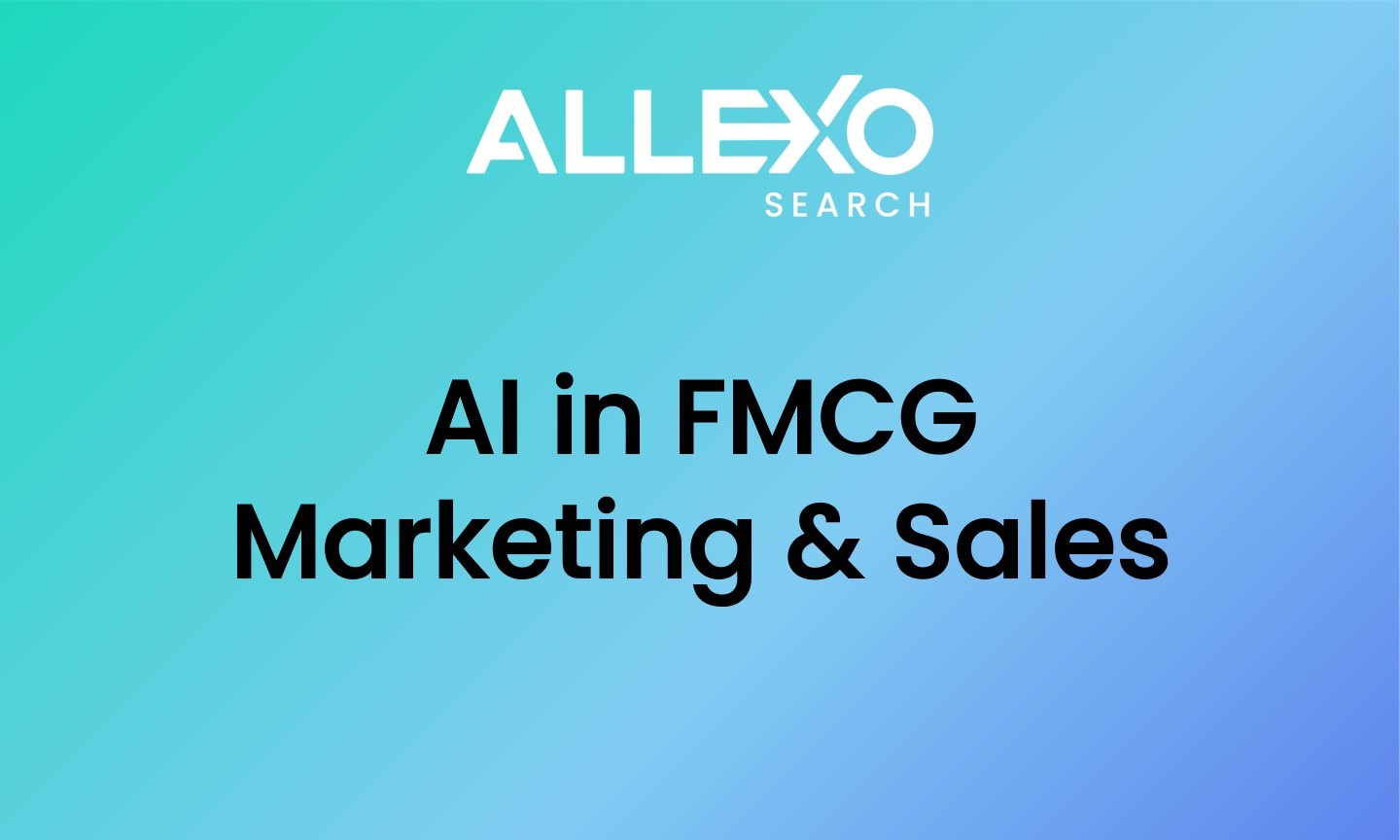AI is no longer a side project in FMCG — it’s becoming a central driver of how UK brands are adapting to shifting consumer habits, operational challenges, and competitive pressure. From campaign creation and personalisation to forecasting and in-store execution, leading players like Tesco, Unilever, Mars, Coca-Cola Europacific Partners, and Sainsbury’s are already seeing results from embedding AI across their operations.
Personalisation That Actually Converts
Tesco has been using AI within its Clubcard programme to power hyper-targeted offers and nudge healthier shopping habits. Working with health-tech firm Spoon Guru, Tesco analyses purchase behaviour and recommends more nutritious alternatives. More recently, it trialled AI-generated video ads tailored by location and voice—showing how personalisation can scale without losing its human tone.
Mars used generative AI in its Galaxy “For You Who Did That Thing You Did” campaign with Amazon Ads. AI sifted through over 60,000 customer nominations for small acts of kindness, surfacing the best stories for personalised gifting. The result? Increased brand awareness and a 4.3% uplift in post-campaign sales.
Creative at Pace
Unilever has rolled out AI-generated “digital twins” of its products to replace traditional studio photography. These virtual assets are now used to create marketing visuals across online retailers, social platforms and in-store displays—cutting content production time by 50% and costs by around 40%. It’s a creative shift that supports faster localised marketing and global brand consistency.
Mars has also adopted similar technology to create flexible product imagery, improving speed-to-market for campaigns across markets.
Smarter Retail Execution
Coca-Cola Europacific Partners (CCEP) is using AI-powered image recognition tools to support its field sales teams. Photos of store shelves are analysed on the spot to check compliance, stock levels, and promotional execution—freeing up reps from manual audits and enabling faster issue resolution.
Retailers themselves are following suit. Sainsbury’s has deployed shelf-edge cameras that use AI to monitor on-shelf availability and price accuracy. In-store staff are alerted to out-of-stocks or mispriced items via mobile notifications, improving efficiency and shopper experience in real time.
Forecasting with Foresight
CCEP has also applied AI to improve forecasting and logistics. Machine learning models help predict demand across geographies and adjust delivery routes accordingly—reducing both waste and carbon footprint. The system accounts for variables like weather, past sales, and promotions, leading to better stock availability and fewer missed sales.
Unilever is similarly using AI across its supply chain, particularly in inventory optimisation and demand sensing, which has helped it remain more responsive during periods of volatility.
End-to-End Efficiency at Scale
Sainsbury’s partnership with Microsoft aims to bring AI into everything from replenishment and product assortment to staff planning and marketing automation. The grocer is exploring how generative AI can support campaign development and reduce administrative workloads—allowing staff to focus more on value-adding customer-facing tasks.
Tesco is also exploring ways to integrate generative AI into internal tools, helping teams analyse large data sets and generate reports faster.
Listening and Adapting in Real Time
Several brands are using AI-driven natural language processing (NLP) to track consumer sentiment. By analysing product reviews, social media, and call centre transcripts, FMCG companies can identify emerging concerns or positive trends faster than traditional methods would allow. Mars, for instance, uses AI to measure real-time brand perception across markets and adapt messaging accordingly.
These insights are not just helping comms teams—they’re feeding into product development, pricing, and packaging decisions too.
Supporting Sustainability Goals
AI is playing a key role in helping FMCG brands meet sustainability targets. Tesco, for example, has used predictive models to reduce food waste by improving how fresh produce is ordered and displayed. Unilever has applied AI to track emissions across its supply chain, while Mars is using digital tools to increase visibility into its cocoa sourcing—supporting ethical and environmental commitments.
Final Thoughts
From shelf edge to social media, AI is becoming essential in the way UK FMCG brands operate. Those already embedding AI—from Tesco’s Clubcard campaigns to Unilever’s content creation and CCEP’s demand planning—are seeing tangible returns: greater agility, better shopper engagement, and more efficient operations.
As AI continues to mature, the winners in the sector won’t just be those who automate tasks, but those who redesign their commercial strategies around data, adaptability, and insight.




